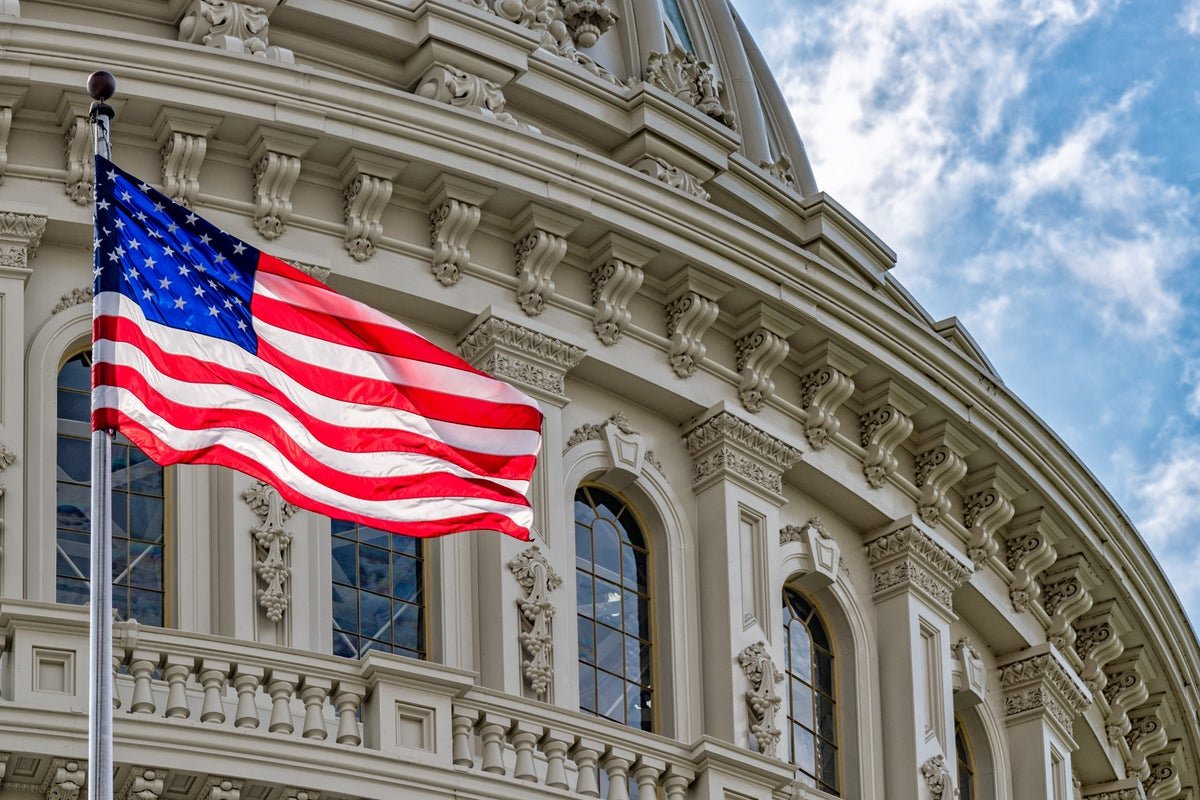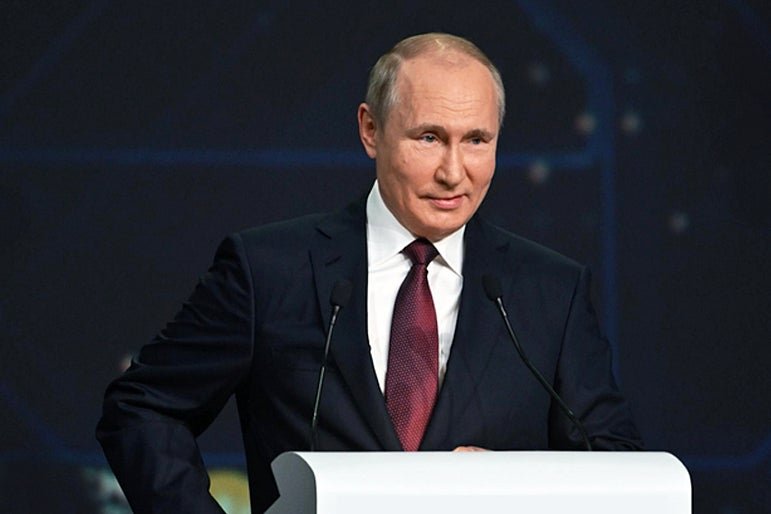Top leaders in Congress have reached an agreement on the spending limits for the ongoing fiscal year, potentially averting a partial government shutdown. According to an AP News report released on Sunday, the agreement mostly follows the established spending limits for defense and domestic programs as outlined in a bill aimed at suspending the debt limit until 2025. Additionally, it incorporates compromises to address concerns raised by House Republicans who felt that the spending constraints were insufficient.
In a communication to colleagues, House Speaker Mike Johnson indicated the agreement would result in $16 billion additional spending cuts from the previous pact negotiated by then-Speaker Kevin McCarthy and President Joe Biden. It is also approximately $30 billion less than what the Senate was considering. “This represents the most favorable budget agreement Republicans have achieved in over a decade,” Johnson wrote.
The President lauded the agreement for bringing the nation “one step closer to preventing a needless government shutdown and protecting important national priorities.” The agreement accelerates around $20 billion in previously arranged reductions for the Internal Revenue Service and pulls back about $6 billion from COVID relief funds, which had been approved but remained unspent, according to Johnson’s letter.
Senate Majority Leader Chuck Schumer and House Democratic leader Hakeem Jeffries also expressed their support for the agreement in a joint statement.
This budget agreement signifies an important step in ensuring the government’s continued operations without interruption. It reflects a compromise between the different factions in Congress and addresses concerns raised by House Republicans. The additional spending cuts contribute to fiscal responsibility while protecting vital national priorities.
While some may argue that the spending constraints are insufficient, it is important to acknowledge the progress made in reaching this agreement. Political compromises are often necessary to achieve consensus and avoid potential government shutdowns, which can have detrimental effects on the economy and public services.
The agreement also demonstrates a willingness to reevaluate and reprioritize spending. By redirecting funds from COVID relief that had not been utilized, the government can reallocate resources to other pressing needs. Additionally, the acceleration of previously arranged reductions for the Internal Revenue Service reflects an effort to streamline operations and improve efficiency.
Overall, this budget agreement represents a significant achievement for Congress. It showcases the ability of top leaders to find common ground and work towards a solution that benefits the nation as a whole. While there may always be room for improvement, it is essential to acknowledge the progress made and the importance of avoiding unnecessary government shutdowns.
As the fiscal year progresses, it will be crucial for Congress to continue prioritizing responsible spending and addressing the needs of the American people. By maintaining open lines of communication and engaging in constructive dialogue, leaders can ensure the government’s smooth operation and the fulfillment of critical national priorities.





